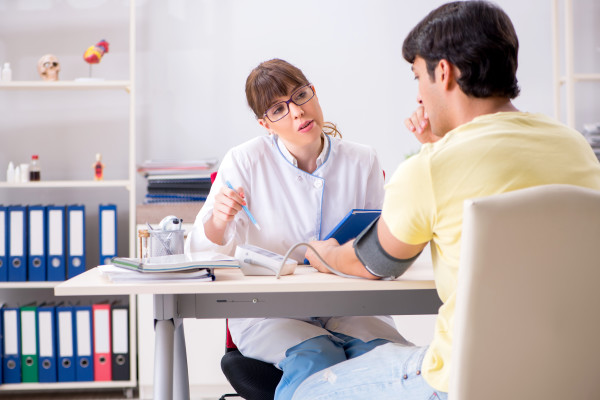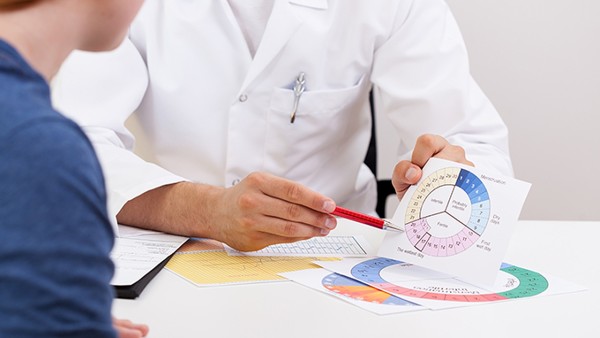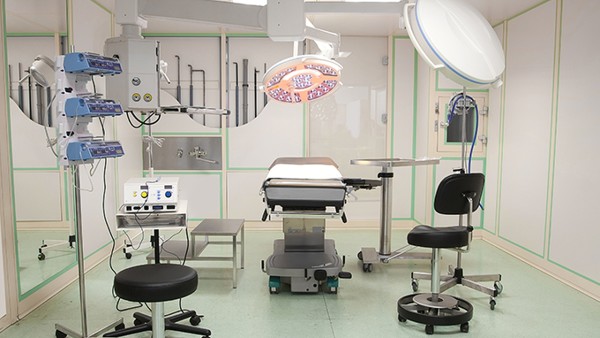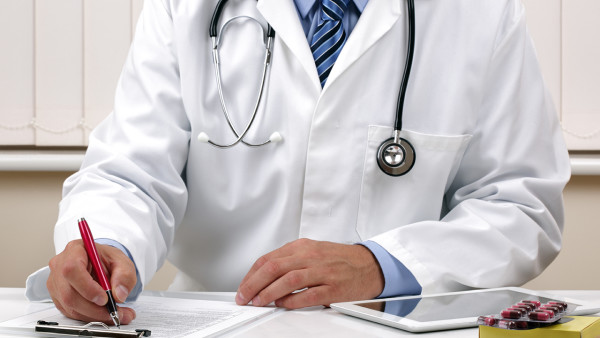What is Postpartum Depression and What to Do About It

What is Postpartum Depression?
Postpartum depression (PPD) is a type of depression that can occur after giving birth. It is more severe than the baby blues, which are common in the first few days after delivery. PPD can last for weeks or months, and it can interfere with your ability to care for yourself and your baby.
Symptoms of PPD can include:
Feeling sad, anxious, or empty
Crying for no reason
Having trouble sleeping or sleeping too much
Having trouble eating or eating too much
Feeling worthless or guilty
Having trouble concentrating or making decisions
Losing interest in activities you used to enjoy
Having thoughts of harming yourself or your baby
If you are experiencing any of these symptoms, it is important to seek help from a doctor or mental health professional. PPD is a treatable condition, and there are many things that can be done to help you feel better.
What Causes Postpartum Depression?
The exact cause of PPD is unknown, but there are a number of factors that may contribute to it, including:
Hormone changes: After giving birth, your hormone levels drop dramatically. This can lead to changes in mood and energy levels.
Sleep deprivation: Newborns often wake up frequently at night, which can make it difficult for new mothers to get enough sleep. Sleep deprivation can worsen symptoms of depression.
Stress: Giving birth and caring for a newborn can be stressful. This stress can trigger PPD in some women.
History of depression: Women who have a history of depression are more likely to experience PPD.
Other risk factors: Other risk factors for PPD include having a difficult pregnancy or delivery, having a baby with health problems, and having financial or relationship problems.
How is Postpartum Depression Diagnosed?
Your doctor or mental health professional can diagnose PPD based on your symptoms and a physical examination. There is no blood test or other medical test that can diagnose PPD.
How is Postpartum Depression Treated?
There are a number of effective treatments for PPD, including:
Psychotherapy: Psychotherapy, also known as talk therapy, can help you to understand and cope with your symptoms.
Medication: Antidepressants can help to improve your mood and energy levels.
Self-care: There are a number of things you can do to help yourself cope with PPD, such as getting enough sleep, eating healthy foods, and exercising regularly.
Support groups: Support groups can provide you with a safe and supportive environment to share your experiences and learn from others who are going through the same thing.
How Can I Prevent Postpartum Depression?
There is no sure way to prevent PPD, but there are a number of things you can do to reduce your risk, such as:
Get enough sleep during pregnancy and after giving birth.
Eat a healthy diet.
Exercise regularly.
Take care of your mental health.
Talk to your doctor or mental health professional if you have a history of depression.
Join a support group for new mothers.
What if I Think I Have Postpartum Depression?
If you think you might have PPD, it is important to seek help from a doctor or mental health professional. PPD is a treatable condition, and there are many things that can be done to help you feel better.
The above is all the content that the editor wants to share with you. I sincerely hope that these contents can bring some help to your life and health, and I also wish that your life will be happier and happier.
Topic: #depression #and #postpartum













